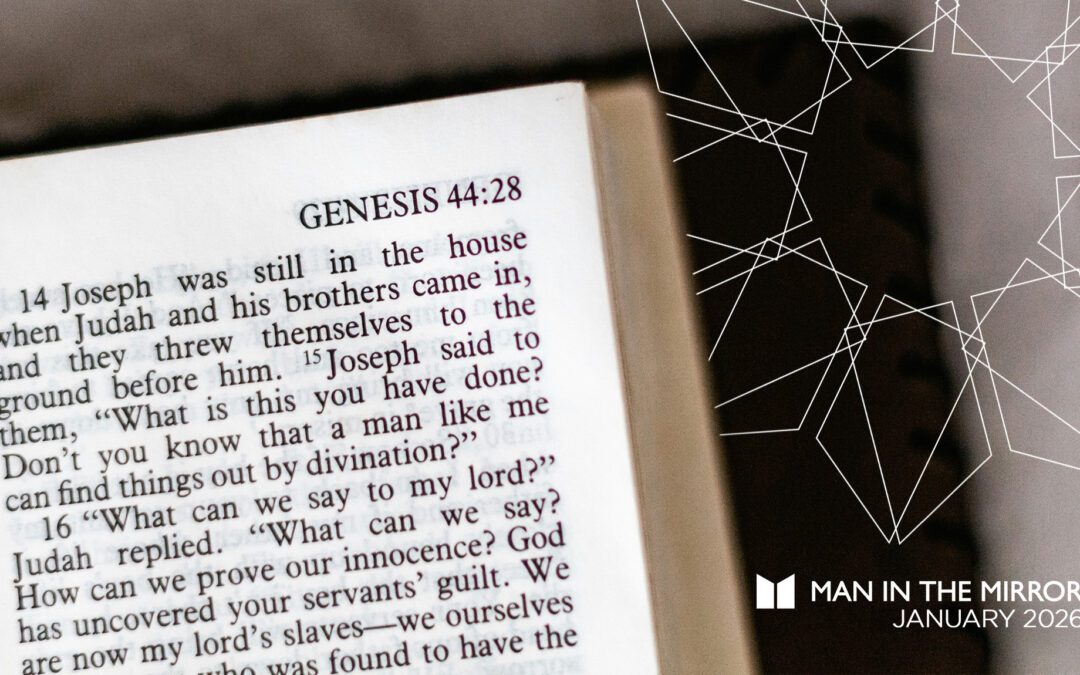By Ryan M. Reeves
In a rare bit of good news for American Christianity, Barna Group’s latest research reveals a notable rise in the number of U.S. adults—especially younger generations—who report a personal commitment to Jesus Christ. According to the study, 66 percent of U.S. adults now say they’ve made such a commitment, with Gen Z and Millennials leading the surge. For a nation often thought to be sliding into secularism, this may seem like cause for celebration.
And in a way, it is.
But beneath the surface, something deeper and more complex is unfolding—something that demands not just rejoicing, but reflection.
The surge in belief is heartening. It suggests that, despite the disorienting swirl of politics, technology, and cultural fragmentation, the ancient appeal of Christ still cuts through the noise. It speaks to a spiritual hunger that Instagram reels, political ideologies, and self-help slogans cannot satisfy. It tells us that young men and women—especially young men—are still looking for something real. Something eternal.
But we have to ask: What kind of belief are we seeing? What kind of Jesus are they meeting?
Because belief, after all, is only the beginning.
A Spiritual Famine Amid Spiritual Interest
We live in a paradox: spiritual interest is rising, yet spiritual formation is crumbling. In churches across the country, the pews may be fuller with newcomers, but the classrooms remain empty. Attendance is up, but depth is down. A generation that says “yes” to Jesus may not know what that “yes” means—or where it is meant to take them.
What Barna’s research doesn’t tell us—but what every pastor and disciple-maker knows—is that many young men are entering the faith with hearts on fire but no map, no mentor, and no memory of what Christian maturity looks like. They are digital natives, fluent in emojis but illiterate in Scripture. They are eager to be part of something meaningful, yet they often lack the grounding that turns belief into character and conviction.
This is not their fault. It’s ours.
We Need Spiritual Fathers
In his letters to the Corinthians, Paul says, “You have countless instructors in Christ, but not many fathers.” That line could be written today. We have podcasts by the dozen, Instagram influencers quoting Spurgeon, and AI-powered Bible study tools. But we don’t have enough older men—seasoned, scarred, sanctified—walking alongside the next generation of believers.
Young men need more than content. They need context. They need someone to show them not just how to talk about Jesus, but how to walk with Him—through disappointment, temptation, fatherhood, ambition, and doubt. They need discipleship: the long, slow, beautiful grind of growing in godliness through intentional relationships.
The Christian life is not a solo endeavor. It never was. The early Church didn’t grow because it had better branding; it grew because of deep communal life, mutual imitation, and generational transmission. Older men taught younger men how to live faithfully in a hostile world. They modeled endurance, not just enthusiasm. They taught with their lives as well as their lips.
We must recover that rhythm.
The Task Ahead
So what does this mean practically?
It means churches need to prioritize discipleship over programs, relationships over events. It means we must call older men—yes, the tired ones, the busy ones, the imperfect ones—to see their lives as living curriculum. It means we must build spaces where young men can ask their hardest questions, confess their deepest struggles, and find that older brothers in Christ are ready not to shame them, but to shepherd them.
If the Barna numbers are a spark, discipleship is the kindling that will make it burn.
The rise in belief is a gift. It’s an open door. But without older men walking through it with the young, we risk seeing another generation of shallow roots, easily scorched by the sun or choked by the cares of life.
Let’s not merely count the conversions. Let’s cultivate the character.
The future of the Church doesn’t just depend on who says yes to Jesus. It depends on who walks with them after they do.






